Cheese Causes Nightmares
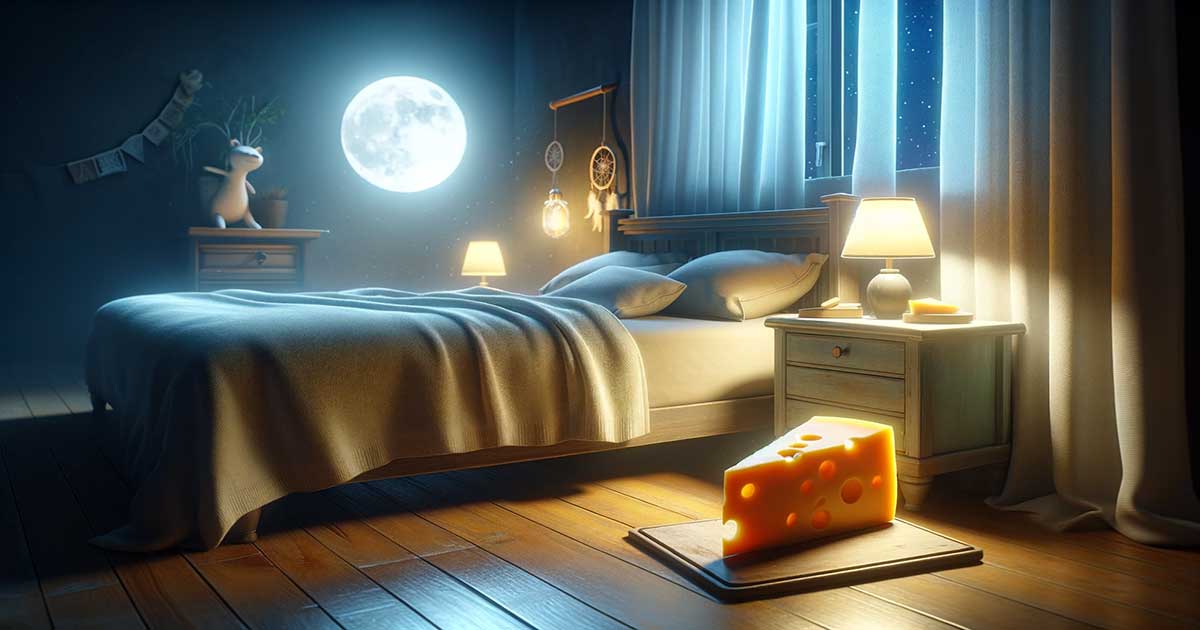
While diet can impact sleep, there is no substantial evidence to support the claim that eating cheese before bed causes nightmares.
Sleep is a period of resting the body and mind consisting of repeating REM and non-REM patterns and distinguished from wakefulness, hibernation, or comatose.

While diet can impact sleep, there is no substantial evidence to support the claim that eating cheese before bed causes nightmares.
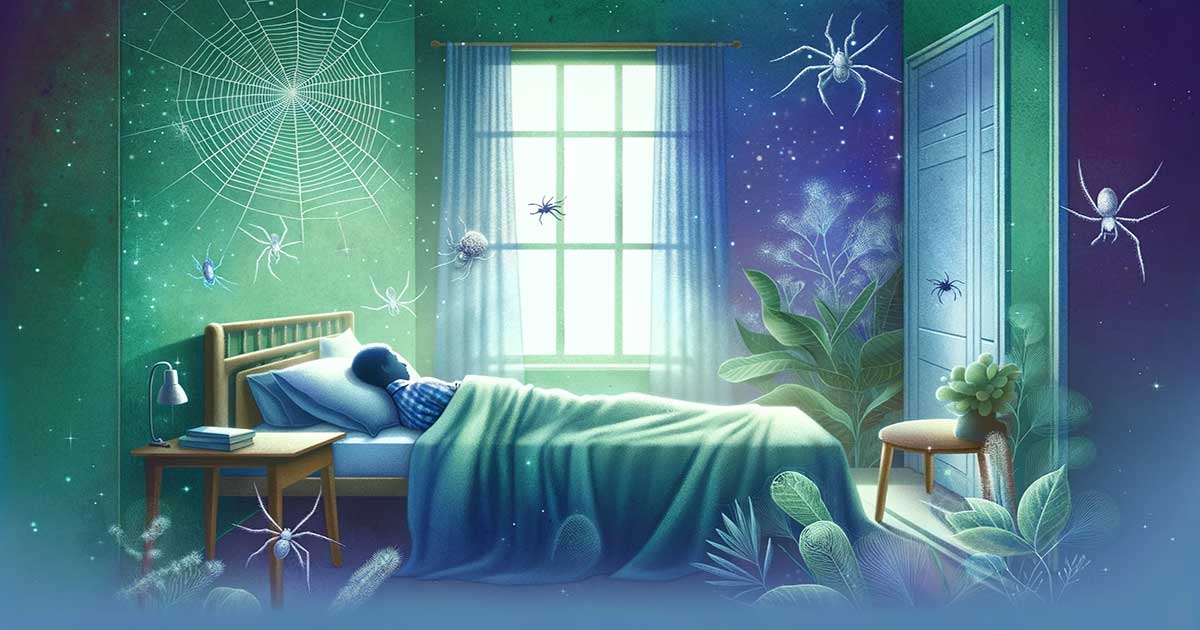
The widespread belief that people unknowingly swallow many spiders during sleep each year is a myth. In reality, spiders rarely come into contact with humans during their sleep, and the chances of swallowing spiders in this context are extremely low.
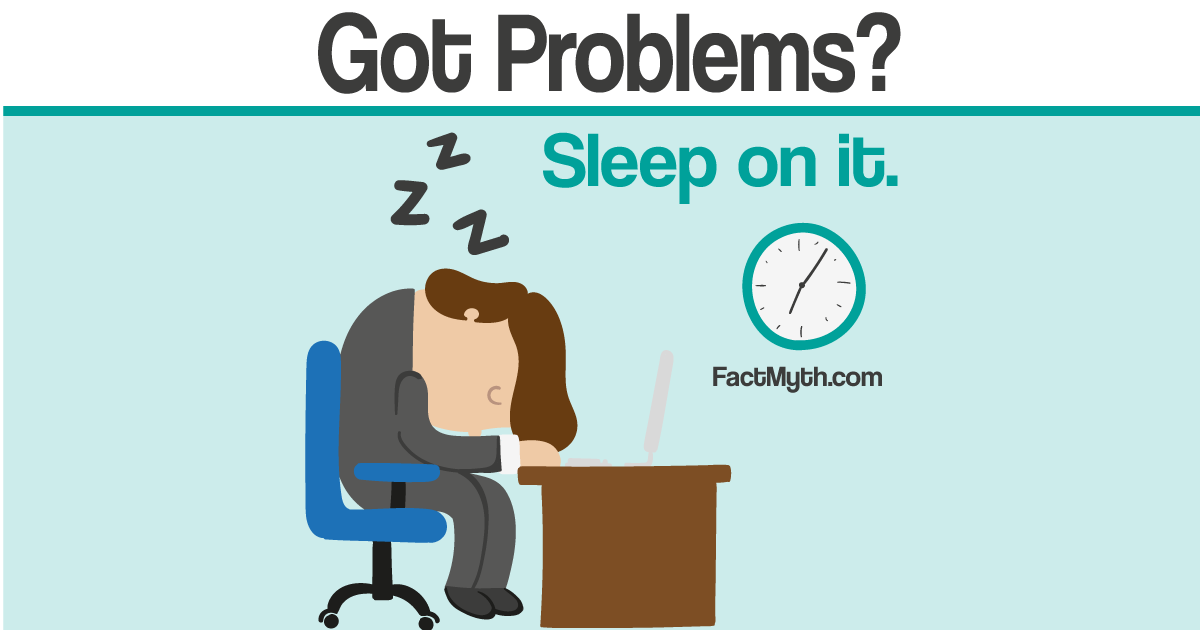
Sleeping on a problem works. Studies show a positive correlation between sleep and cognitive function. Contemplating a problem and then “sleeping on it” can result in better problem solving
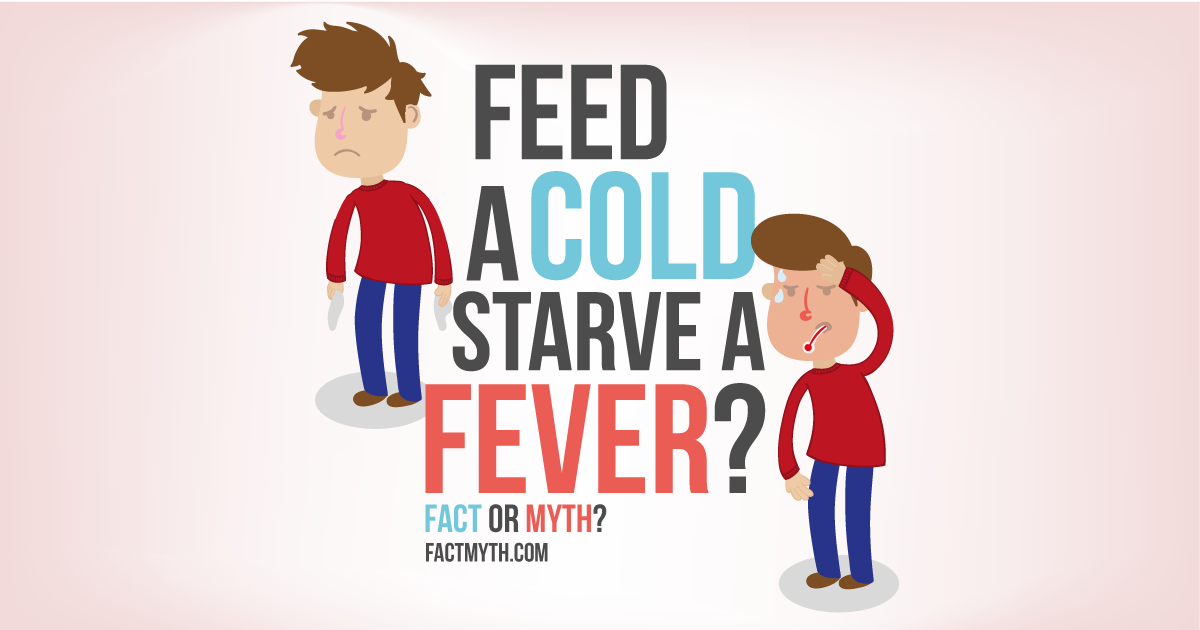
The old saying “feed a cold, starve a fever” has truth to it, but generally you should feed a cold and a fever and starve neither.
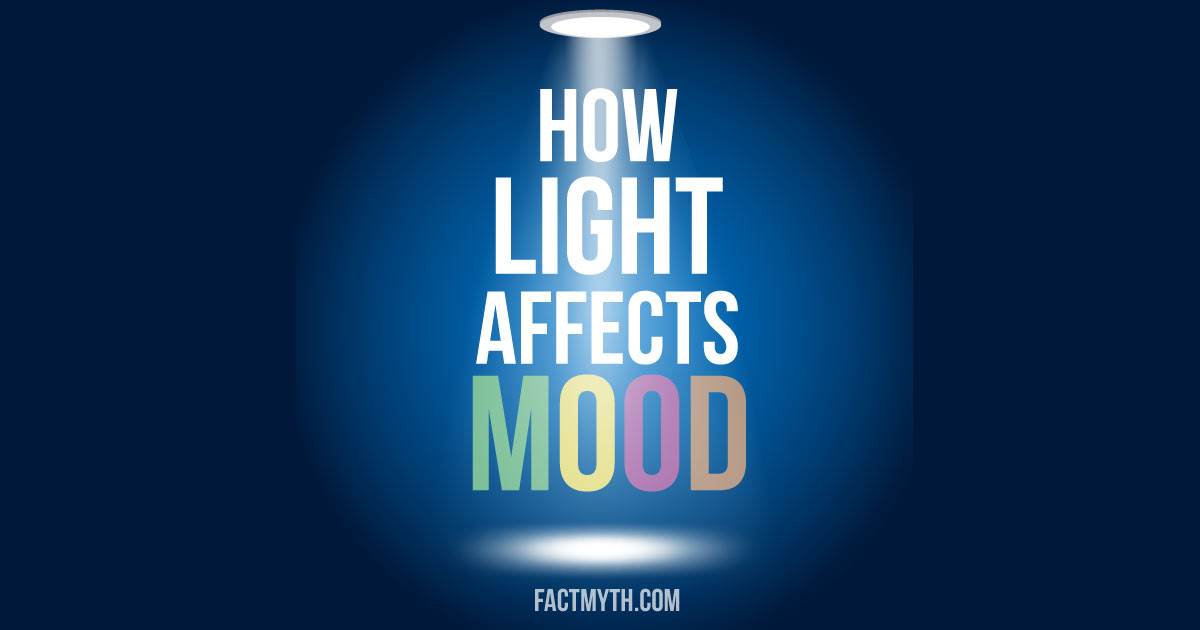
Exposure to light in moderation, especially natural sunlight, can have an uplifting effect on mood, while excessive darkness can have the opposite effect.
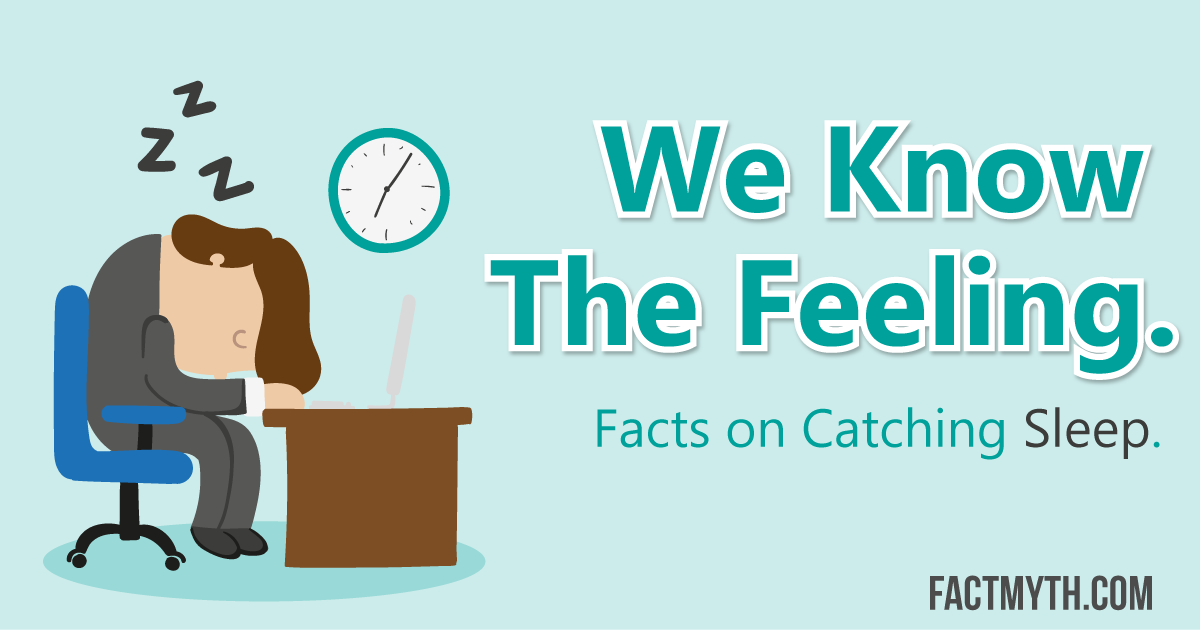
Studies show you can semi-effectively catch up on short-term sleep debt over a few nights, but not long-term sleep debt accumulated over time.
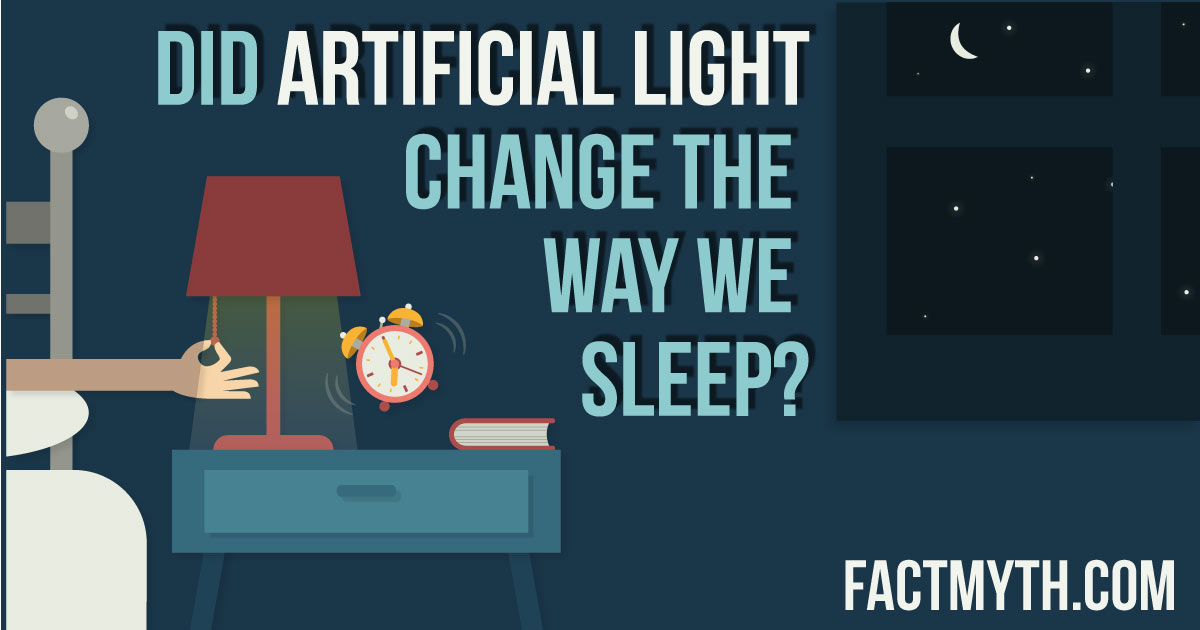
Artificial light changed sleeping habits. People used to sleep in two phases, “first sleep” and “second sleep”, with two hours of awake time between.